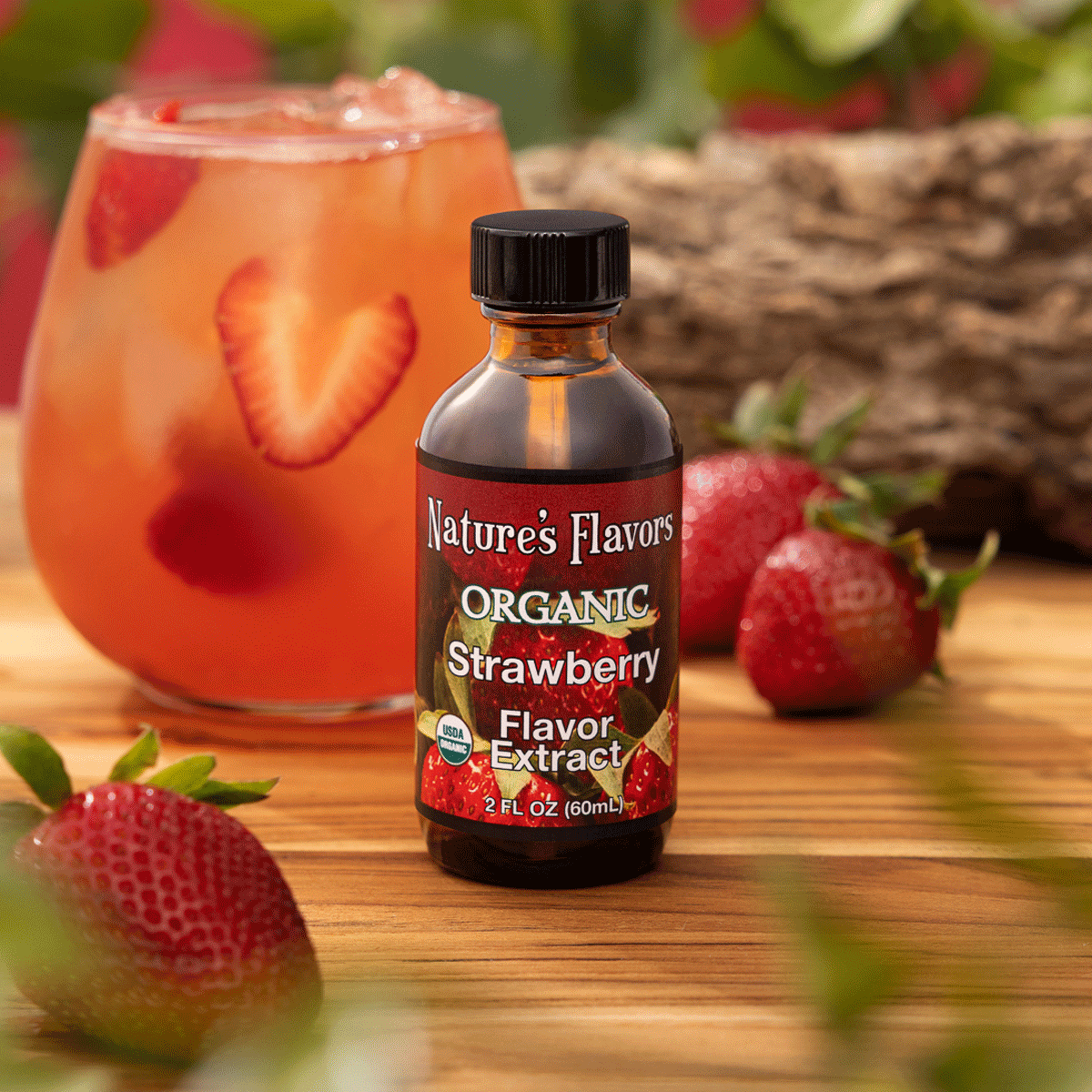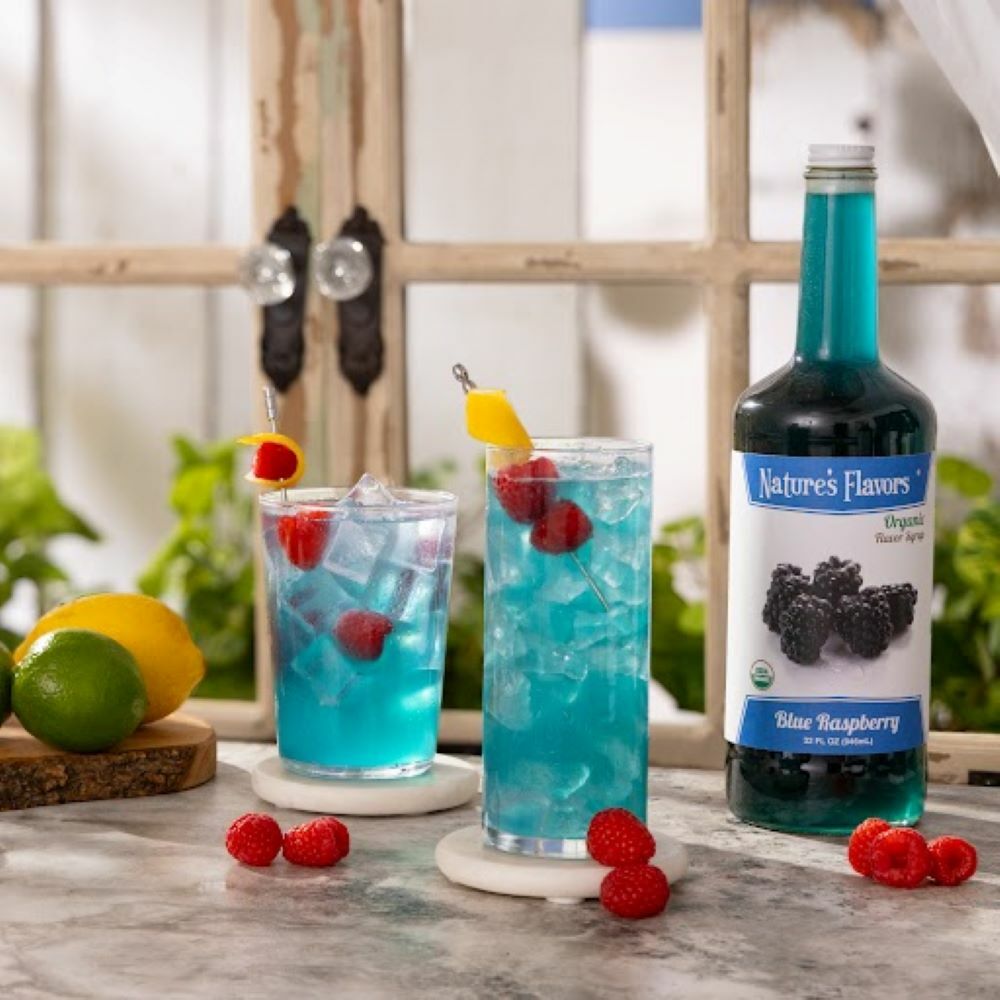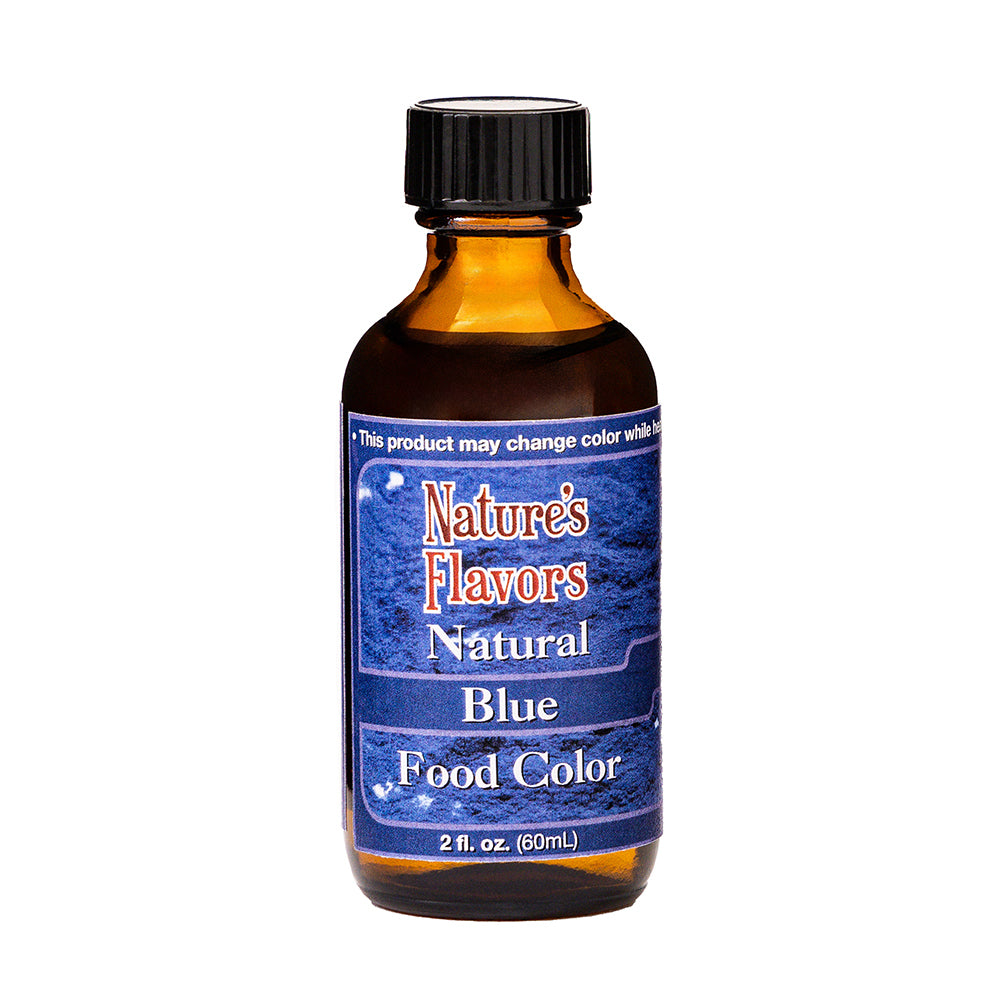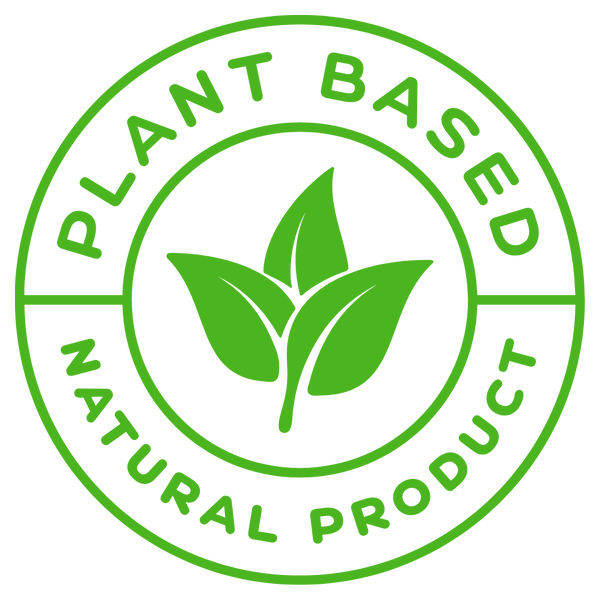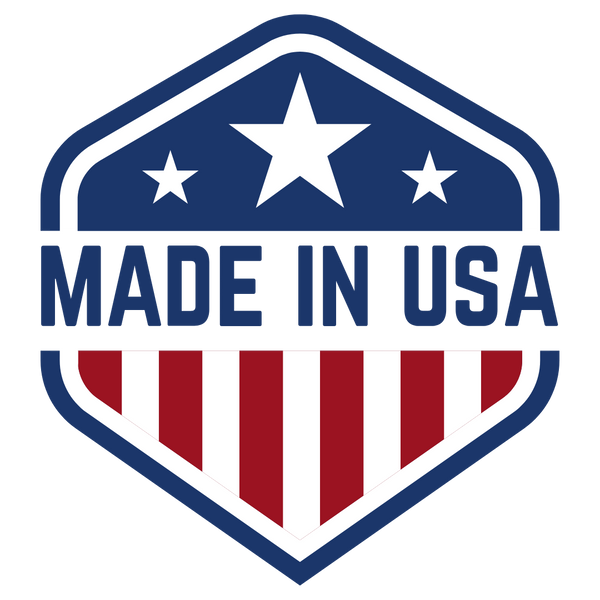This Chocolate Flavor Concentrate Without Diacetyl is a professional-grade flavoring solution formulated for food manufacturers, product developers, and culinary specialists. The concentrate provides authentic cocoa notes with rich, deep chocolate characteristics while maintaining diacetyl-free formulation standards. Key features include concentrated potency for efficient usage, consistent flavor delivery, and compatibility with diverse food systems.
Applications:
The concentrate integrates seamlessly into bakery formulations including muffins, brownies, and sweet breads. Beverage applications encompass protein drinks, dairy-based beverages, and specialty coffee preparations. Confectionery manufacturers utilize this ingredient in chocolate coatings, ganaches, and cream fillings. Ice cream, yogurt, and frozen dessert producers incorporate the concentrate for enhanced cocoa flavor profiles. Sauce and syrup manufacturers benefit from its stability in both hot and cold processing conditions.
Benefits:
This flavoring ingredient offers batch-to-batch consistency essential for commercial production requirements. The concentrated format reduces storage space needs while providing cost-effective flavor solutions compared to traditional chocolate ingredients. Diacetyl-free formulation supports clean label initiatives and addresses consumer ingredient transparency expectations. Extended shelf stability minimizes waste and supports efficient inventory management for manufacturing operations.
Versatility:
The concentrate adapts to various pH levels and processing temperatures, making it suitable for both acidic and neutral food systems. Usage rates can be adjusted to achieve subtle chocolate undertones or pronounced cocoa intensity based on product specifications. Compatible with both water-based and oil-based formulations, it provides flexibility across different product categories. The ingredient maintains stability during thermal processing, freezing, and extended storage periods.
Quality Assurance:
Manufacturing follows established food safety protocols with comprehensive testing procedures for each production batch. Quality control measures include sensory evaluation, chemical analysis, and microbiological testing to ensure product specifications are met. Documentation and traceability systems support regulatory compliance and customer quality requirements. Production facilities maintain relevant food safety certifications and undergo regular third-party audits.
Sustainability:
Production processes incorporate resource efficiency measures to minimize environmental impact. Packaging materials are selected to reduce waste while maintaining product integrity during transportation and storage. Supply chain partnerships prioritize responsible sourcing practices and environmental stewardship. These sustainability initiatives align with corporate responsibility goals and consumer environmental awareness trends.


